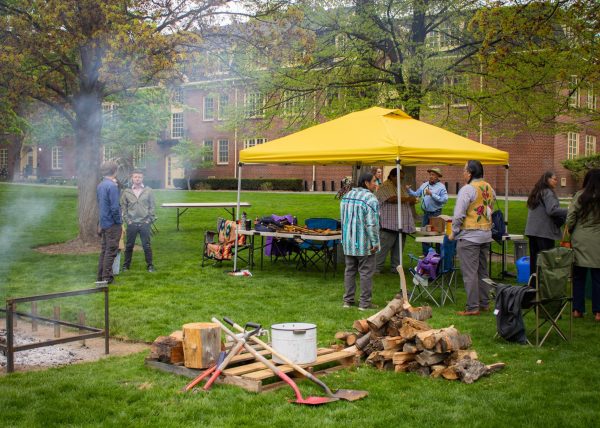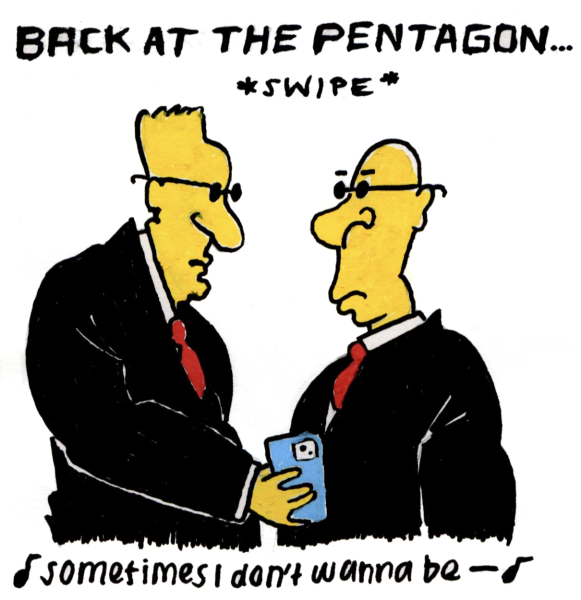Op-Ed: An Open Letter to the Board of Trustees, Provost Alzada Tipton, and President Kathy Murray
May 9, 2017
We write to express our deep disappointment regarding the recent decision to discontinue tenure-track positions in the humanities and social sciences. We are 2016 graduates and alums of Whitman’s History Department. The choice to not renew a position in Twentieth Century U.S. History is unsettling, especially in light of other recent cuts to social sciences and our current political environment.
Whitman’s mission is to provide “an excellent, well-rounded liberal arts and sciences undergraduate education.” A faculty cohort with diverse specialities is essential to any department, especially one so central to a college as Whitman’s History Department. Classes offered by Professor Schmitz were among the most iconic at Whitman. Some of us waited for years to get into classes that defined our time as undergraduates—America in Vietnam, History and Sociology of Rock and Roll, and Twentieth Century U.S. History.
The college has taken several stances to illustrate its opposition to policies and views of the Trump administration. In this time of political instability and a disregard for both history and facts, it is disheartening that the college would eliminate the professorial position that most clearly provides an understanding of recent American political history to its students.
We were particularly distressed to learn from our former professors and mentors that the Department was not consulted as to which positions to discontinue. Any decision to cut a faculty position is difficult. To make it unilaterally without input from the professors it will seriously affect continues what appears to be a pattern of Board of Trustee and administrative overreach into curriculum. If these kinds of decisions must be made, we are disappointed that the college chose not to begin them as conversations with its faculty.
We understand and appreciate Board Chair Brad McMurchie’s stated intention of ensuring student access to an affordable education at Whitman. We also acknowledge the perspective that classes with low registration rates are less essential than those with high (and growing) student interest such as STEM fields, especially. Students in all departments at Whitman should have access to the kind of experience offered by a low student-to-faculty ratio. In our experiences, though, students across academic interests took courses in Twentieth Century U.S. History, as evidenced by consistently strong registration for Schmitz’s classes.
We write not only to register our opinion, but to ask two questions. (1) How will we know that the revenue saved from eliminating these vital academic positions will go towards increasing student financial access to Whitman? (2) At a time when the college is spending significantly on renovations, what factors led the Board to consider eliminating tenure-track faculty positions rather than identifying other cost-savers? As a liberal arts college first and foremost, Whitman’s obligation to its students is multifaceted. It certainly includes preserving a plurality of faculty from which all students of different majors can learn.
Ellen Ivens-Duran, ‘16
Sarah Cornett, ‘16
Caitlin Foster, ‘16
Anna Sheridan, ‘16
Cali Goldberg, ‘16
Noah Oltman, ‘16
Jack Percival, ’16











Katy Wills • May 10, 2017 at 7:14 am
Great questions at the end.